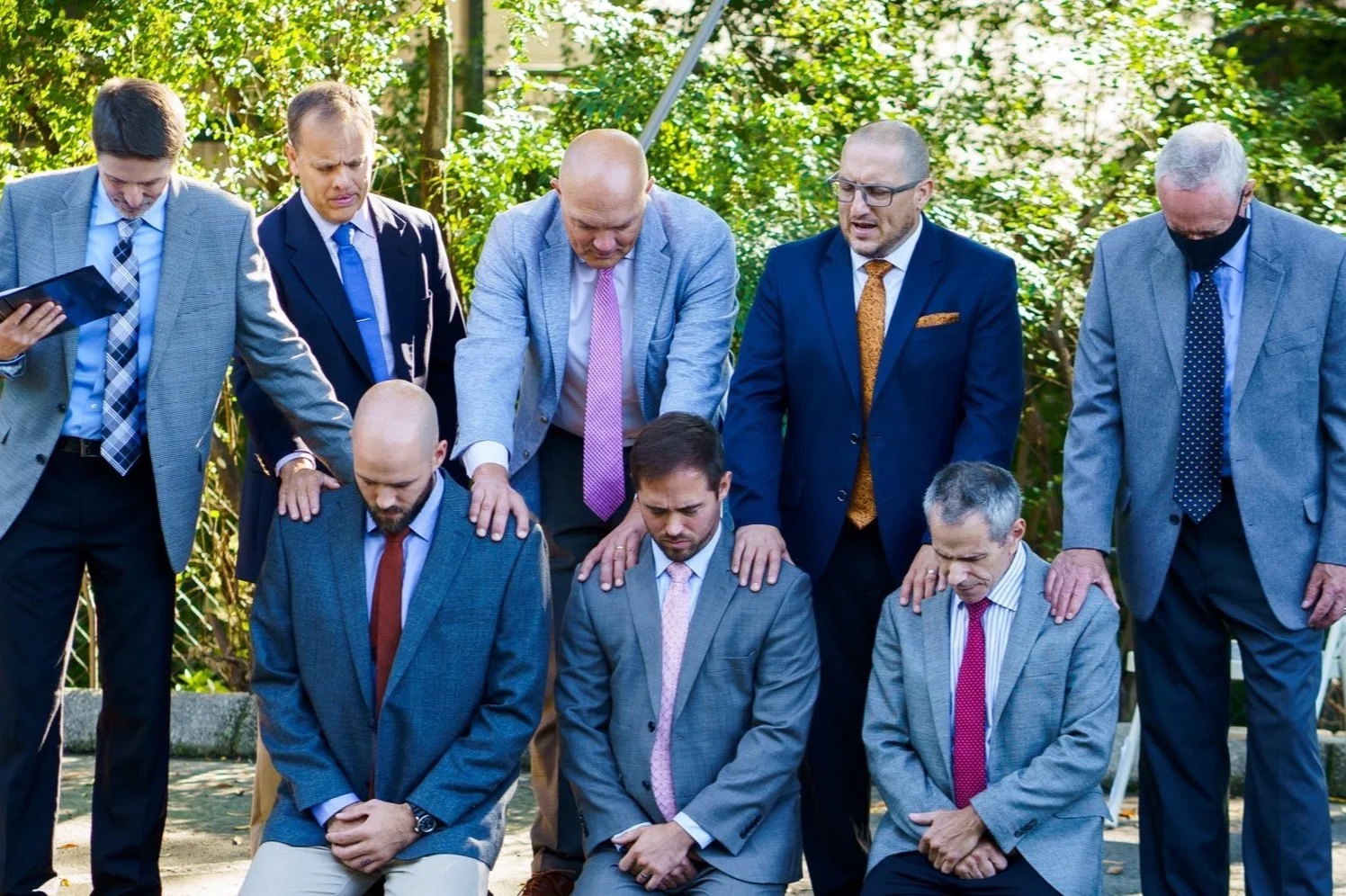
Orthodox Presbyterian Church
Committee on Diaconal Ministries
Get Our Quarterly Newsletter
The Reformed Deacon Podcast
The Reformed Deacon is a interview and discussion podcast created by the Orthodox Presbyterian Church Committee on Diaconal Ministries. The Reformed Deacon exists to strengthen and encourage the brotherhood of Reformed deacons in their God-given role of serving the local church. We hope you'll find this podcast to be helpful to you as you serve the Lord in your church.
Connect with Your
Fellow Deacons
-

Deacon Facebook Group
-

Deacon Check-In
-

Meet Your Fellow Deacons
-

Presbytery Diaconal Committees
The Latest
News and Events
New episode of The Reformed Deacon: How the Westminster Standards Relate to Deacons
Pray for Ukraine
Have you ever tried to find the word, "deacon" (or elder for that matter) in the Westminster Standards? If you have, you probably couldn't find it, because it isn't referred to explicitly by name. Does that mean the Standards aren't important for deacons to study?
Listen as Westminster Assembly scholar Dr. Chad Van Dixhoorn describes the profound impact the Westminster Standards has on the role of Reformed deacons. His expertise provides a glimpse into the spiritual requirements of a deacon and gives insight to the Westminster Standards as they relate to deacons.
February 24 marked the second anniversary of Russia’s invasion of Ukraine. Ukrainian pastors, elders, church members, and MTW missionaries continue to serve and worship in the country. Their plea is that the global Church would remember them, and the people of Ukraine. As an encouragement to remind us to pray, more than a dozen men and women shared their prayer requests, which range from praying that the war would end, to the safe return of children being held illegally in Russia, and the emotional and spiritual state of all Ukrainians, that God would draw them to Himself. Please watch, and pray.






